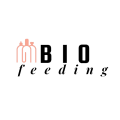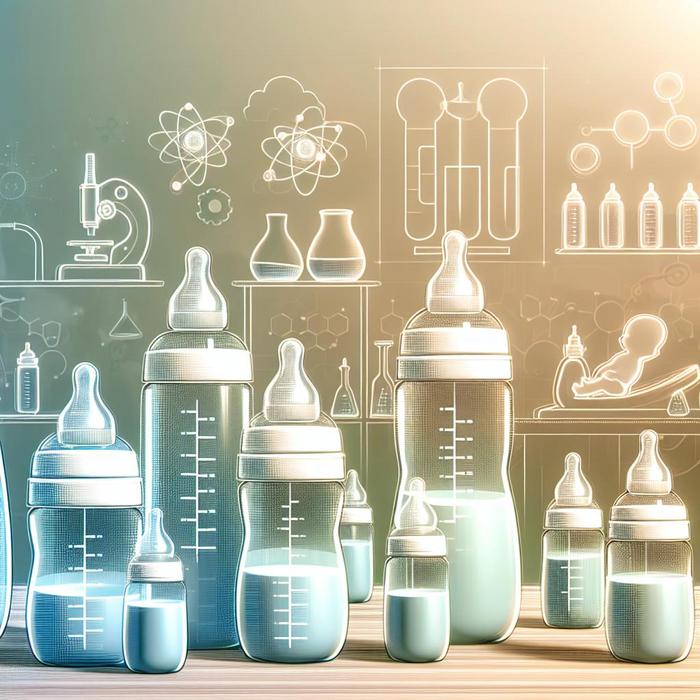Understanding the Importance of Science-Based Baby Bottles
In the vast world of parenting, choosing the right baby bottle can make a notable difference in your child’s upbringing. More than just a feeding tool, a bottle can affect your baby’s sleep, development, and overall well-being. Hence, parents should turn to scientific evidence when making their selection, opting for science-based baby bottles that promote healthier feeding patterns.
Science-based Baby Bottles: A New Parenting Necessity
Science-based baby bottles are designed based on comprehensive research and studies about babies’ natural feeding behavior. They aim to mimic the breastfeeding experience as closely as possible, ensuring that babies can smoothly transition between breast and bottle feeding. Here’s why science-based baby bottles are a necessity in scientific parenting tips:
- Optimized feeding experience: These bottles often feature anti-colic vent systems and soft, skin-like nipples that feel like a mother’s breast. This, in turn, minimizes nipple confusion, gas, and discomfort, leading to a more peaceful feeding session.
- Beneficial for sleep: Since these bottles tend to be more efficient at delivering milk, they can help your baby feel more satisfied and sleep better. This is particularly useful during night feeds, a topic you can explore more in our Sleep Well Solutions post.
- Eases Transition: As mentioned earlier, science-based bottles mimic the breastfeeding experience, which makes the transition between breast and bottle easier. This helps particularly when mothers want or need to introduce the bottle for various reasons. You can read more on this topic in a Washington Post article on bottle refusal.
Selecting the Best Feeding Bottles: What to Look For
Now that we understand the significance of science-based baby bottles, let’s delve into the specifics you should consider while choosing the best feeding bottles for your little one:
- Material: Always look for bottles made of safe, BPA-free materials. Glass bottles are a safe, long-lasting choice that are easy to clean and sterilize, while plastic bottles are lighter and more portable.
- Nipple Design: The bottle’s nipple should closely resemble a mother’s breast in terms of shape, size, and texture. This will help in a seamless switch between breast and bottle feeding.
- Anti-colic Features: Many science-based baby bottles include vent systems that prevent air from being ingested during feeding, reducing the likelihood of colic and gas.
- Easy to Clean: Choose bottles that are easy to disassemble and clean, ensuring that every part can be adequately sterilized to maintain hygiene.
- Size and Flow Rate: These should be chosen based on your baby’s age and feeding pace. Smaller bottles with slower-flow nipples are better suited to newborns, while larger bottles with faster flow rates are ideal for older babies.
Finding the best feeding bottles might feel overwhelming. But remember, it’s not about finding the “perfect” bottle but the one most suited to your baby’s needs. A good starting point is to refer to this Reddit thread for other parents’ recommendations. Of course, you can always check our review on the best bottles to help your baby sleep through the night for more insights.
The Influence of Science in the Evolution of Baby Bottles
Understanding the role of science in the evolution of baby bottles helps us appreciate why they have been designed in a specific way. Over several decades, scientific studies have led to the recommendation and development of specific features based on babies’ natural feeding behaviors and health considerations. This includes studies on bottle design, such as a study discussed in the Rachel O’Brien IBCLC blog, which highlighted the need for bottles promoting a wide latch and a slow flow.
The Shift to Formula Feeding
While breastfeeding is often the go-to choice for many mothers, some opt for formula feeding due to various reasons like work commitments, health issues, or personal preferences. Science-based baby bottles are especially helpful in this case as they ensure that babies get the right amount of nutrients from the formula milk through the right designed bottle, minimizing any feeding-related issues.
Implications of Science-based Baby Bottles on Health
One cannot undermine the implications of science-based baby bottles on the health and development of a child. These bottles have been designed with the idea of fostering a strong and healthy development right from infancy. This includes addressing major concerns like colic and gas, promoting good sleep, and helping babies transit smoothly from breast to bottle feeding.
Key Takeaways from Scientific Studies on Baby Feeding
Several noteworthy scientific studies have established the importance of science-based baby bottles. For example:
- *Promote Breast-like Latch:* Studies have shown that a baby’s latch on the bottle should mimic the latch on the breast. This can ease the transition between the two feeding methods and reduce nipple confusion.
- *Prevent Exposure to Harmful Chemicals:* Studies push the need to avoid bottles made from harmful materials like BPA, with demonstrating links to several health issues. Glass or stainless steel bottles are considered safer choices.
- *Promote Optimal Nutrition:* Research stresses feeding bottles must employ controlled-flow nipples to avoid rapid feeding and ensure that babies consume the right amount of nutrients.
The Importance of Personal Preference
Amidst all the facts and studies, let’s not forget the importance of personal preference and adapting to different needs. For instance, some might prefer IVF for certain reasons, and such parents may require specialty feeding bottles. After all, what works for one might not necessarily work for another. Hence, the best baby bottle is one that fits your unique situation and meets your baby’s individual needs.
Reliable Sources for Choosing Baby Bottles
In a world of overwhelming choices and constant innovation, knowing where to look for honest reviews and personal experiences can come in handy. Reliable avenues include pediatrician recommendations, online parent communities, scientific studies, and review-based websites.
Remember, science plays a substantial role but it is not the sole deciding factor. A blend of scientific reasoning, personal preference, experiment, and experience often leads to the best outcome when choosing the right baby bottle.

